FCS Provides Local Legislator Insight Into Vital Role of Community Oncology
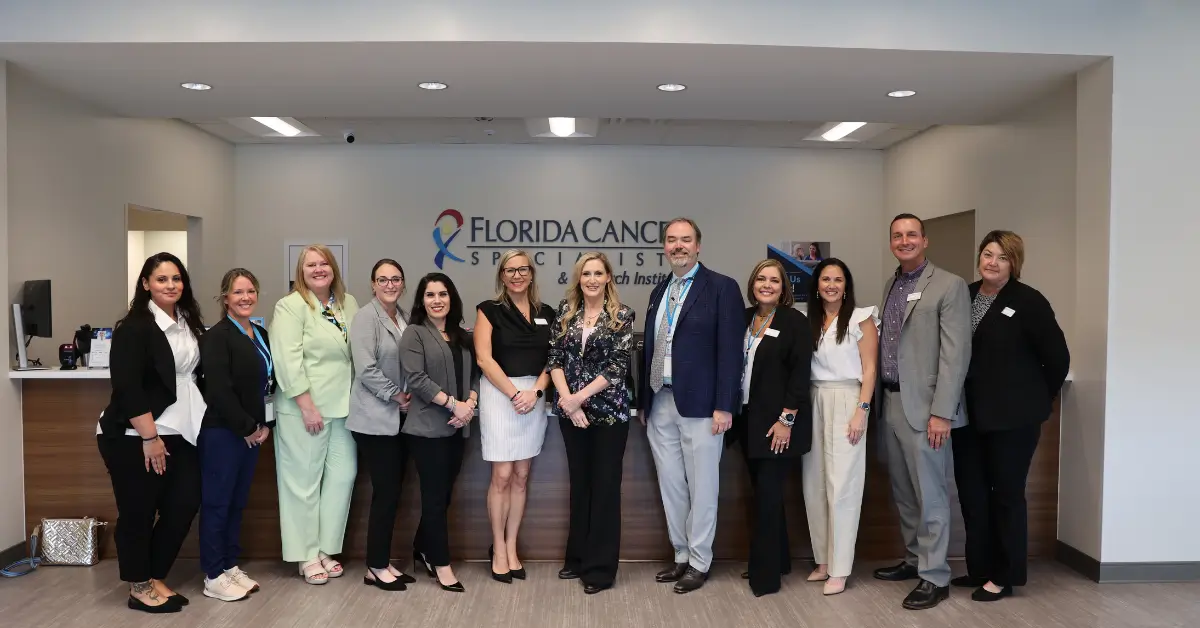
Florida Cancer Specialists & Research Institute Provides Local Legislator Insight Into Vital Role of Community Oncology
Rep. Laurel Lee Visits Wesley Chapel Cancer Center
Fort Myers, Fla., August 21, 2025 — Florida Cancer Specialists & Research Institute, LLC (FCS) Director of Legislative Affairs and Patient Advocacy Richard McDonough, MD last week welcomed U.S. Representative Laurel Lee and her team for a visit to the FCS Wesley Chapel Cancer Center for a firsthand look at the patient experience in the community oncology setting as part of the “Sit in My Chair” program of the Community Oncology Alliance (COA).
During the visit, Rep. Lee toured the facility, met with physicians, senior leaders, clinicians, staff, and patients who each provided their unique perspective on the daily realities of cancer care delivery. Dr. McDonough said, “By seeing the care delivery process through the eyes of providers and patients, Rep. Lee was able to experience the high-quality, comprehensive and compassionate treatment we provide, and see in person the importance of preserving and enhancing this model of care as a vital cause for communities across Florida. We deeply appreciate her interest and willingness to participate in our event.”
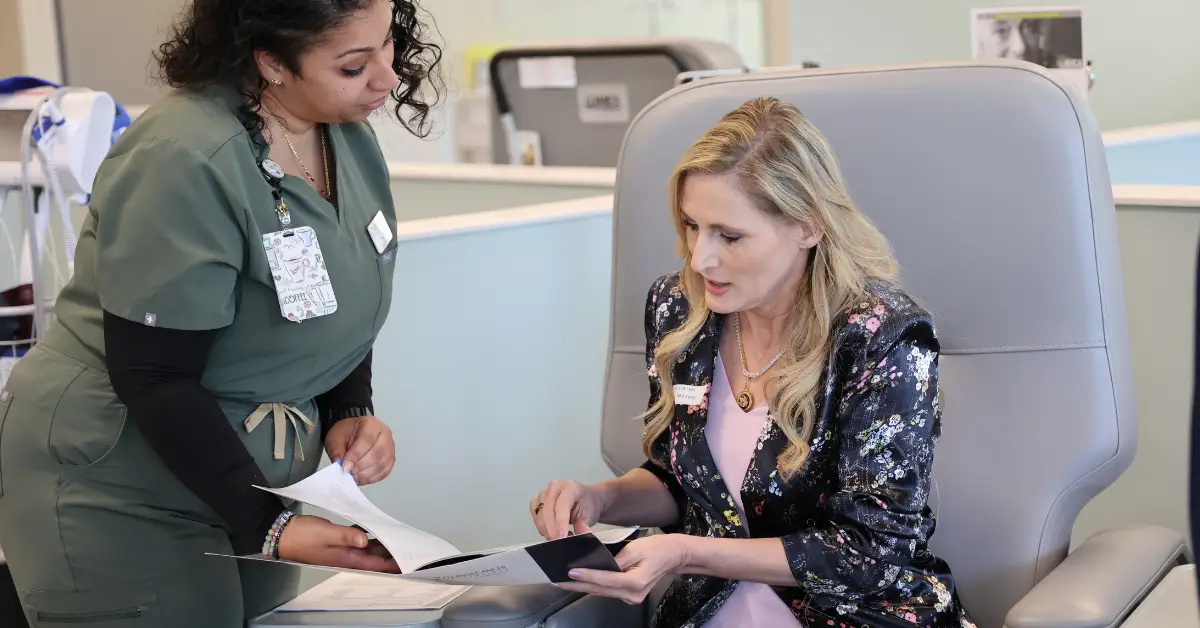
Dr. McDonough is one of five medical oncologists, along with one gynecologic oncologist and one radiation oncologist, serving patients with the most advanced treatments at the FCS Wesley Chapel Cancer Center—the newest and largest of the nearly 100 patient care centers in the practice’s statewide network, which serves more than 1.1 million patients yearly.
FCS prioritizes open dialogue with policymakers to champion high-quality, independent cancer care that remains local, accessible, and affordable. While visiting with Rep. Lee, Dr. McDonough underscored the urgent need to advance the Seniors’ Access to Critical Medications Act of 2025 (H.R. 2484). This legislation would modernize the federal Stark Law, removing barriers that currently limit how cancer medications can be dispensed within community practices and ensuring patients receive timely, coordinated access to their treatments.
By updating the law, H.R. 2484 would allow cancer patients to receive their prescribed therapies directly from their care team, improving medication adherence, reducing avoidable delays, and ensuring timely access to life-saving treatments. For many patients, especially those in rural or underserved areas, this change could mean the difference between starting treatment on time or facing dangerous setbacks.
“Cancer care is most effective when it’s seamless, timely, and delivered by the team that knows the patient best. H.R. 2484 would remove unnecessary barriers and allow us to get vital medications into our patients’ hands without delay, which can make all the difference in treatment outcomes,” said Dr. McDonough, who has played a leading role throughout his career in bringing awareness to public policy issues faced by cancer patients and community oncology providers. He serves on COA’s Government Affairs Committee, co-chairs the Drug Policy and Regulation Committee and works on the board of the Florida Society of Clinical Oncology (FLASCO) as a past president of the organization, where he previously served for several years as the FLASCO representative to the American Society of Clinical Oncology (ASCO) State Affiliate Committee.
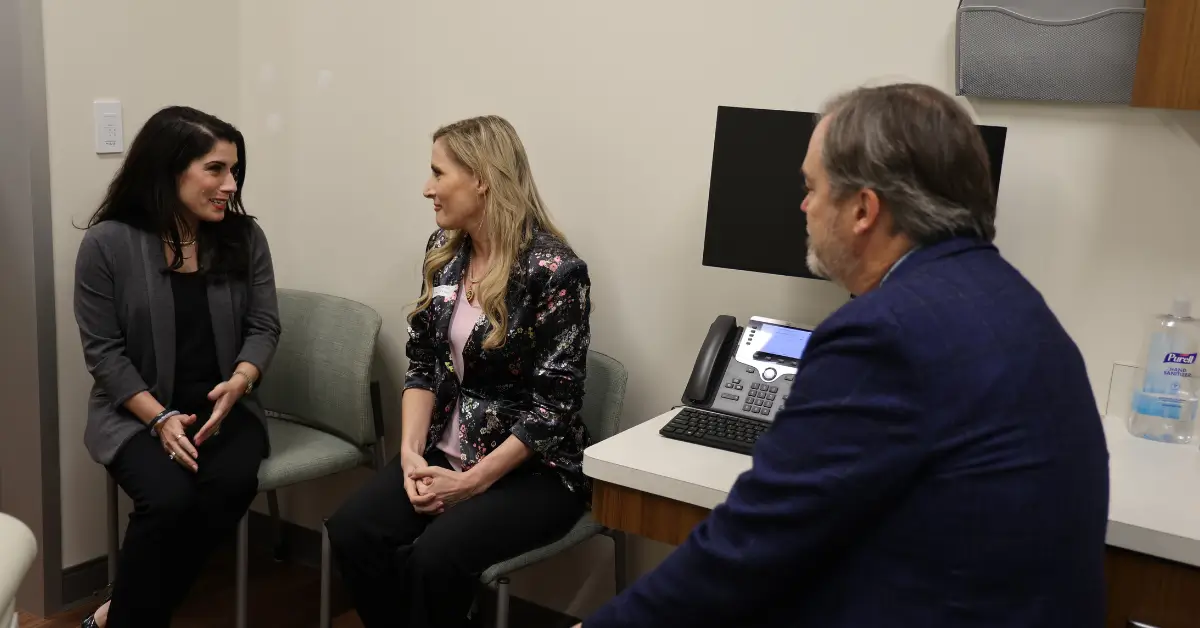
Dr. McDonough and FCS General Counsel Jacqueline Ambrose also discussed site parity with Rep. Lee, portraying how reimbursement rates for the same services vary between community oncology practices and hospitals, heavily impacting the cost of care for cancer patients.
“Patients deserve access to affordable, high-quality cancer care no matter where they receive it,” said Ambrose. “By advocating for site parity, we can eliminate unfair payment discrepancies that drive up costs and protect patients from the financial burden caused by higher-priced hospital-based settings.”
Without these reforms, patients are left to bear the brunt of higher costs as hospital-based cancer care increasingly dominates the landscape. Aligning reimbursement rates across sites not only strengthens the sustainability of independent community practices but also safeguards patients’ ability to choose care that is local, accessible, and affordable.
COA’s Sit In My Chair program helps state and federal lawmakers understand the patient journey and the importance of preserving access to world-class care for constituents in their local communities.

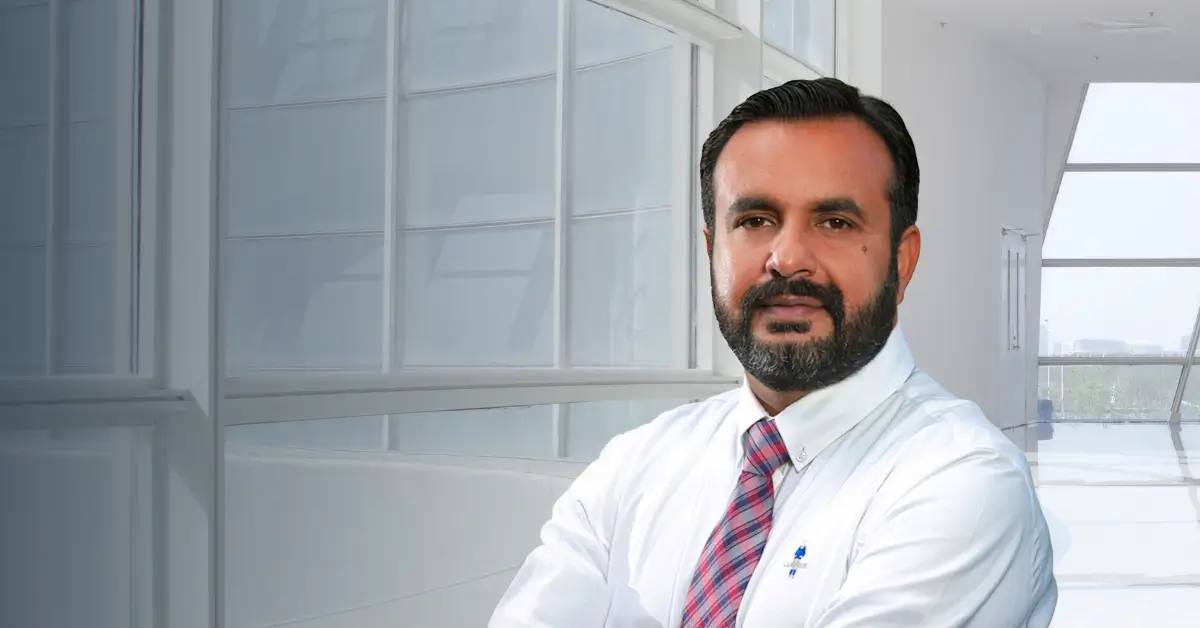
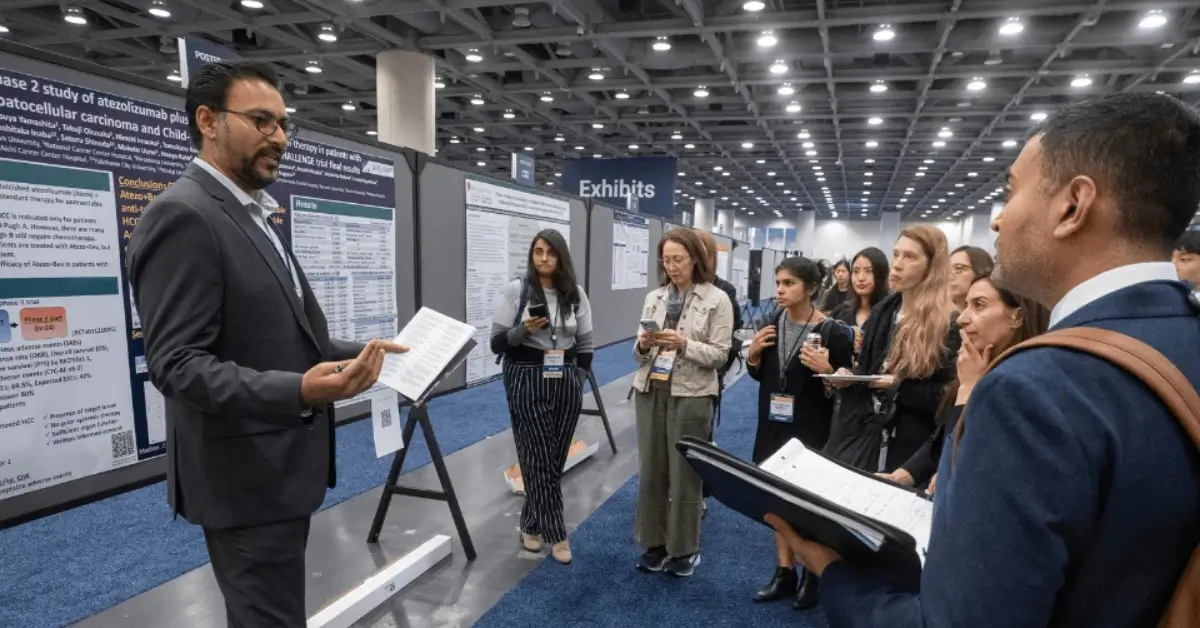

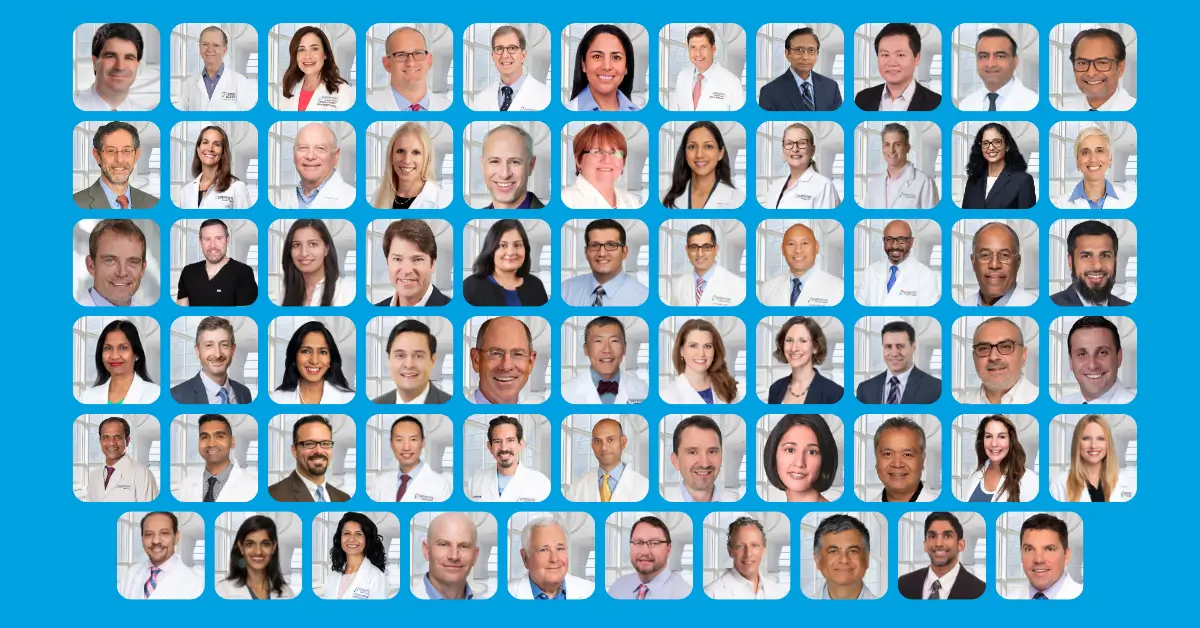
Comments